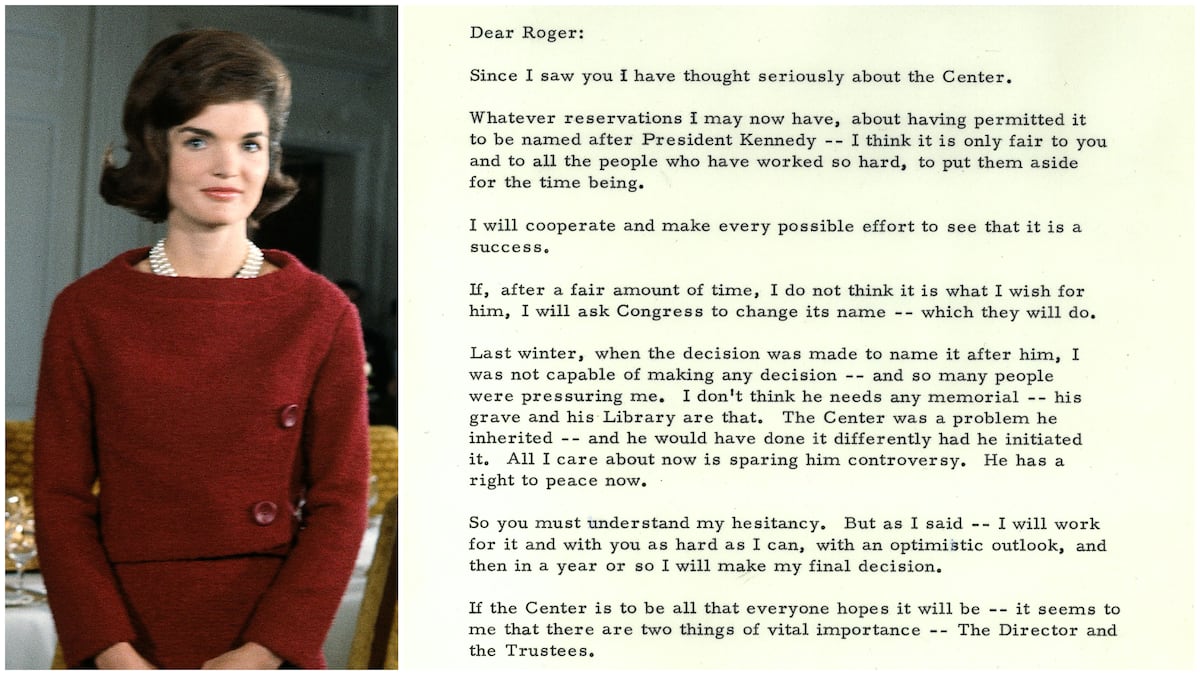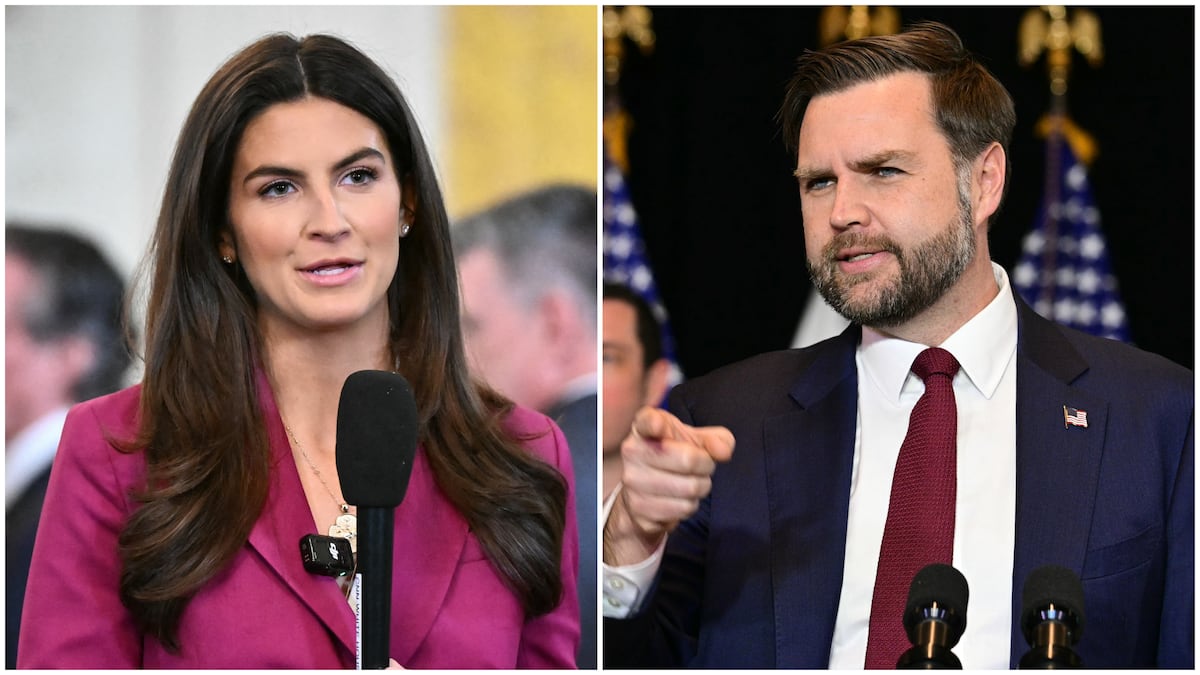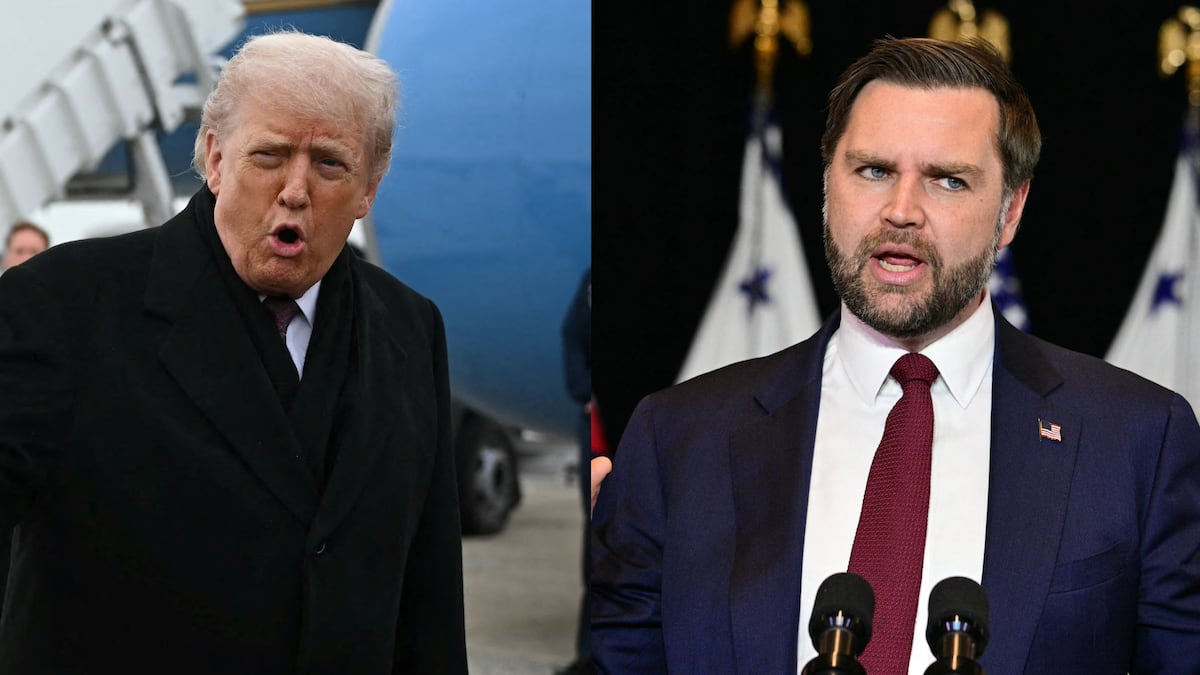Watching the news about Hillary Clinton’s emails, it is remarkable to see how many people now have opinions about the overclassification of information and the relative merits of prosecuting people for mishandling classified material or destroying government records.
Newspapers, blogs, and television reports are full of pundits explaining the law as they see it, with people opining about who is right: the two Inspectors General who assert there was classified material in her emails, or the State Department, which asserts that the information was not classified at the time.
So where were all these “experts” when whistleblowers accused of the same infraction—mishandling classified material—were forced to spend a fortune on lawyers, were fired from their jobs, and were threatened with imprisonment?
The amount of time being spent by Hillary Clinton defenders and detractors parsing rules, policies, and laws on whether she broke the law is maddening. That time desperately needs to be spent on transforming the classification system and modernizing electronic records retention policies, as promised in the Obama administration’s second National Action Plan for the Open Government Partnership nearly two years ago.
It is hard to reconcile Clinton’s actions with her speech at the 2012 opening session of the Open Government Partnership: “In the 21st century, the United States is convinced that one of the most significant divisions among nations will not be north/south, east/west, religious, or any other category so much as whether they are open or closed societies. We believe that countries with open governments, open economies, and open societies will increasingly flourish. They will become more prosperous, healthier, more secure, and more peaceful.”
She was right then. It is essential to maintain the records of our policymakers for historical analysis so that the public can know what actions have been taken in our name by our leaders. Clinton did not maintain these records. The fact is she indisputably broke the rules, and although that is not a criminal offense, it certainly is a political one.
Even more infuriating is the disparity of treatment between the politically powerful and everyday truth-tellers. High-level officials often receive little more than a tap on the wrist for mishandling classified information. But whistleblowers seeking to expose wrongdoing and protect the public are almost without exception subjected to overzealous investigations and prosecution.
Rather than focusing on the distinction between whether a person deliberately released classified information or not, the more appropriate lens is whether there was an intended public benefit for that disclosure, such as protecting public health or safety or revealing wrongdoing.
Of course the Secretary of State had some classified information in her emails. As Bill Leonard, former director of the federal Information Security Oversight Office, told Reuters, information that foreign officials give U.S. officials in confidence is “born classified.”
And yes, the government is dramatically overclassifying information. Clinton herself tweeted that the government’s ridiculous classification rules are the “real problem.” But rather than tackling the many problems with the classification system, or investigating Clinton through the post-Wikileaks “insider threat” program created to investigate individuals who exploited, compromised, or made an unauthorized disclosure of classified information, the State Department has spent weeks defending their former boss and claiming dismissively that nothing was classified at the time anyway.
General Petraeus, who deliberately gave classified information to his lover/biographer, was afforded similar latitude, with Senator Feinstein going so far as to make a public plea for clemency in his case. In the end he was only given a paltry fine—one that he will be able to pay off with less than one of his speaking engagement fees.
The Department of Defense Inspector General (IG) tried to bury, and then gutted, its own report that concluded then-CIA Director Leon Panetta had released classified information about the Osama bin Laden raid to the Zero Dark Thirty Hollywood producers. Panetta was never penalized despite the IG’s findings.
In stark comparison, even national security whistleblowers who worked through proper channels, including reporting to their superiors, Inspectors General, and the Congress, are faced with a white-hot vindictive frontal attack from the government.
NSA whistleblower Tom Drake and Justice Department whistleblower Thomas Tamm both had armed FBI agents raid their homes. Drake reported to the Pentagon IG and Congress about the NSA’s unconstitutional and wasteful overreach through its domestic surveillance program (years before Edward Snowden). Tamm also challenged the legality of the government’s warrantless wiretap program.
Tamm lost his clearance and his government career. Drake was prosecuted for espionage and lost his career after pleading to the misdemeanor of “exceeding the authorized use of a computer.” Both spent a fortune on attorneys.
Air Marshal Robert MacLean had to take his case all the way to the Supreme Court to prove that he had a right to reveal unclassified information to a TV reporter about the TSA’s decision to remove air marshals from high-risk flights after 9/11. His disclosure forced the TSA to reverse their plan and to better protect the public by keeping air marshals on cross-country flights. MacLean won, but he and his family had to put their lives on hold while he fought his case for years without a paycheck.
Lieutenant Colonel Jason Amerine is being investigated by the Army Criminal Investigation Division over accusations of revealing classified information to Congress, which is permitted by law to receive disclosures about wrongdoing in the executive branch. His disclosure to Congress led the White House to overhaul its hostage recovery policies. Yet his retirement from the military, after an extraordinary and decorated career in the Army, has been put on hold indefinitely as the investigation drags on.
Our system now protects the powerful and attacks the heroes, both of which are fundamentally un-American.
So let’s stop wasting time making politically expedient proclamations that serve no purpose but to score points for candidates. There are real issues all the campaigns should address: We need to dramatically shrink the incidence of and incentives for overclassification. We also need to apply a public interest balancing test so that when there is an alleged breach of classified information, the violation is weighed against the benefits of the information becoming known. And we need to level the playing field so that there aren’t different accountability standards for those with clout and those without.
If the dialogue doesn’t change, most federal employees who witnesses waste, fraud, or abuse will feel the chill and decide against stepping forward while the politically powerful class will continue to be rewarded and see their transgressions forgiven.
Danielle Brian is the executive director of the Project on Government Oversight (POGO)






